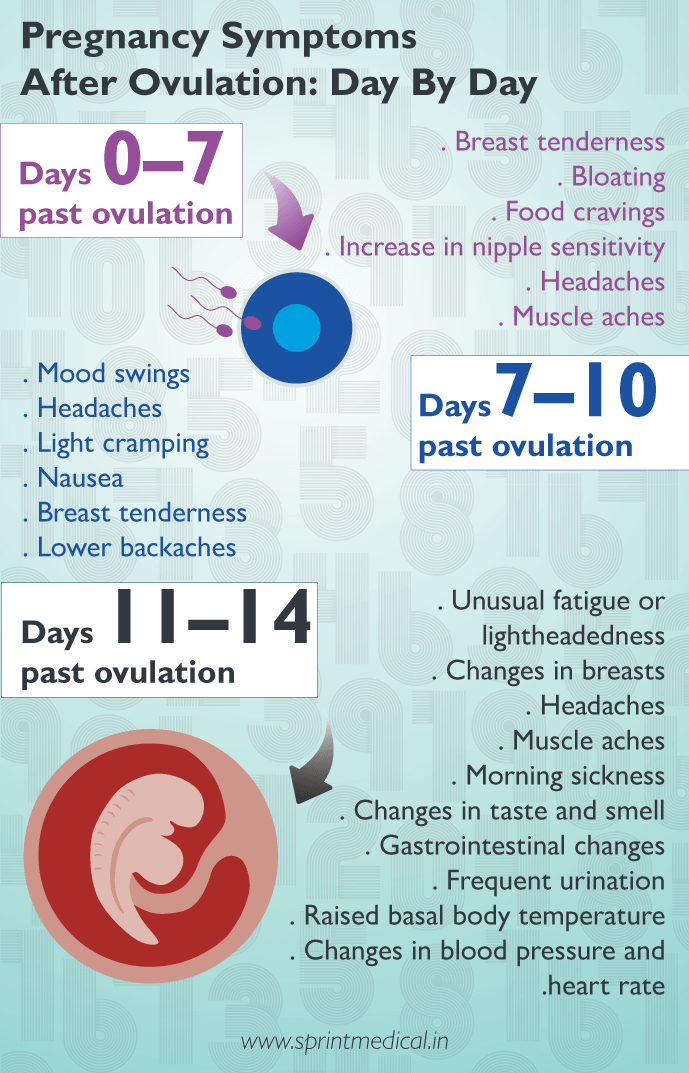
Ovulation Pregnancy Symptoms: A Comprehensive Guide
Ovulation, the release of an egg from the ovary, is a crucial step in the reproductive process. It occurs approximately 14 days before the start of menstruation. While ovulation is typically asymptomatic, some women experience subtle physical and emotional changes that can indicate its occurrence. These changes are known as ovulation pregnancy symptoms.
Physical Symptoms of Ovulation
- Mittelschmerz: A sharp, stabbing pain in the lower abdomen that occurs on one side of the body. It usually lasts for a few hours and is caused by the rupture of the ovarian follicle.
- Cervical mucus changes: The cervix produces mucus that changes in consistency and texture throughout the menstrual cycle. During ovulation, the mucus becomes thin, clear, and stretchy, resembling egg whites. This mucus helps sperm travel through the cervix and reach the egg.
- Basal body temperature (BBT) rise: The BBT is the lowest body temperature reached during sleep. After ovulation, the BBT rises slightly due to the increased production of the hormone progesterone.
- Breast tenderness: Some women experience breast tenderness or pain in the days leading up to and during ovulation.
- Increased libido: Ovulation can trigger an increase in sexual desire.
Emotional Symptoms of Ovulation
- Mood swings: Hormonal changes during ovulation can cause mood swings, including irritability, anxiety, and emotional sensitivity.
- Increased energy: Some women report feeling more energetic and motivated during ovulation.
- Enhanced senses: Ovulation may temporarily enhance the senses of smell, taste, and hearing.
Other Signs of Ovulation
- Ovulation predictor kits (OPKs): These kits detect the surge in luteinizing hormone (LH) that occurs before ovulation. A positive OPK result indicates that ovulation is imminent.
- Fertility monitors: These devices track multiple fertility indicators, including BBT, cervical mucus, and LH levels, to predict ovulation.
Duration of Ovulation Symptoms
Ovulation symptoms typically last for a few days, from the time of ovulation to the onset of the next menstrual period. However, the duration and intensity of symptoms can vary from woman to woman.
Importance of Recognizing Ovulation Symptoms
Recognizing ovulation symptoms can be beneficial for:
- Family planning: Ovulation symptoms can help women identify their fertile window, which is the time when they are most likely to conceive.
- Avoiding pregnancy: By understanding their ovulation cycle, women can use contraception or avoid intercourse during their fertile window.
- Diagnosing fertility issues: Irregular or absent ovulation symptoms may indicate underlying fertility problems.
Factors Affecting Ovulation Symptoms
Several factors can affect the presence and intensity of ovulation symptoms, including:
- Age: Ovulation symptoms may become less noticeable as women age.
- Weight: Being underweight or overweight can disrupt ovulation and its associated symptoms.
- Stress: Chronic stress can interfere with hormonal balance and ovulation.
- Medications: Certain medications, such as birth control pills, can suppress ovulation and its symptoms.
- Medical conditions: Conditions like polycystic ovary syndrome (PCOS) and thyroid disorders can affect ovulation and its symptoms.
When to Seek Medical Advice
It is generally not necessary to seek medical advice for ovulation symptoms. However, it is advisable to consult a healthcare professional if:
- Symptoms are severe or persistent.
- Ovulation symptoms are absent or irregular.
- You are experiencing difficulty conceiving.
- You have concerns about your fertility.
Conclusion
Ovulation pregnancy symptoms are subtle changes that can indicate the occurrence of ovulation. Recognizing these symptoms can be beneficial for family planning, avoiding pregnancy, and diagnosing fertility issues. However, it is important to note that the presence or absence of ovulation symptoms can vary from woman to woman and may be influenced by various factors. If you have concerns about your ovulation cycle or fertility, it is advisable to consult a healthcare professional for guidance and support.